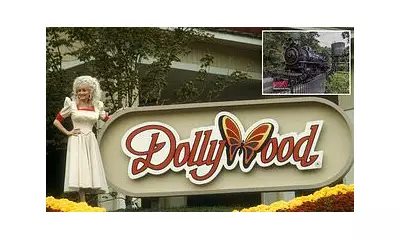
Australian commuters are raising the alarm about what they describe as a dramatic deterioration in public transport services across the country. From Sydney's rail network to Melbourne's trams, passengers report an escalating crisis that's turning daily commutes into stressful ordeals.
The Unravelling of Public Transport Standards
One concerned citizen's viral social media post has sparked a nationwide conversation about the state of Australia's transport systems. "I've noticed a seriously worrying trend on public transport," the commuter stated, echoing sentiments shared by thousands of fellow Australians.
The complaints pouring in from frustrated passengers paint a troubling picture:
- Rampant anti-social behaviour including public drug use and harassment
- Frequent service cancellations and unexplained delays
- Deteriorating cleanliness and maintenance issues
- Growing safety concerns, particularly during evening travel
- Inadequate response from transport authorities to address these issues
A Nationwide Pattern of Decline
What began as isolated complaints has evolved into a consistent pattern of dissatisfaction across multiple states. Commuters from Brisbane to Perth report similar experiences, suggesting this isn't an isolated problem but rather a systemic failure affecting urban transport networks nationwide.
"It's not just me noticing this decline," emphasized the original poster, whose observations resonated with countless others sharing their own troubling experiences.
The Human Impact of Transport Woes
Beyond the inconvenience, the declining transport standards are having real consequences for Australians' daily lives. Many commuters report:
- Increased stress and anxiety about their daily travel
- Financial strain from seeking alternative transport methods
- Workplace issues due to unreliable arrival times
- Reluctance to use public transport for evening activities
- Concerns about family members travelling alone
Call for Action and Accountability
As the chorus of complaints grows louder, passengers are demanding meaningful action from transport authorities and government bodies. The widespread nature of these issues suggests that piecemeal solutions won't suffice—what's needed is a comprehensive review of public transport management and investment.
"When did basic standards become optional?" one commuter questioned, capturing the frustration of many who feel their concerns are being ignored by those responsible for maintaining transport services.
The situation has reached a tipping point where commuters are no longer willing to accept declining standards as the new normal. The question remains: will transport authorities listen before more Australians abandon public transport altogether?





